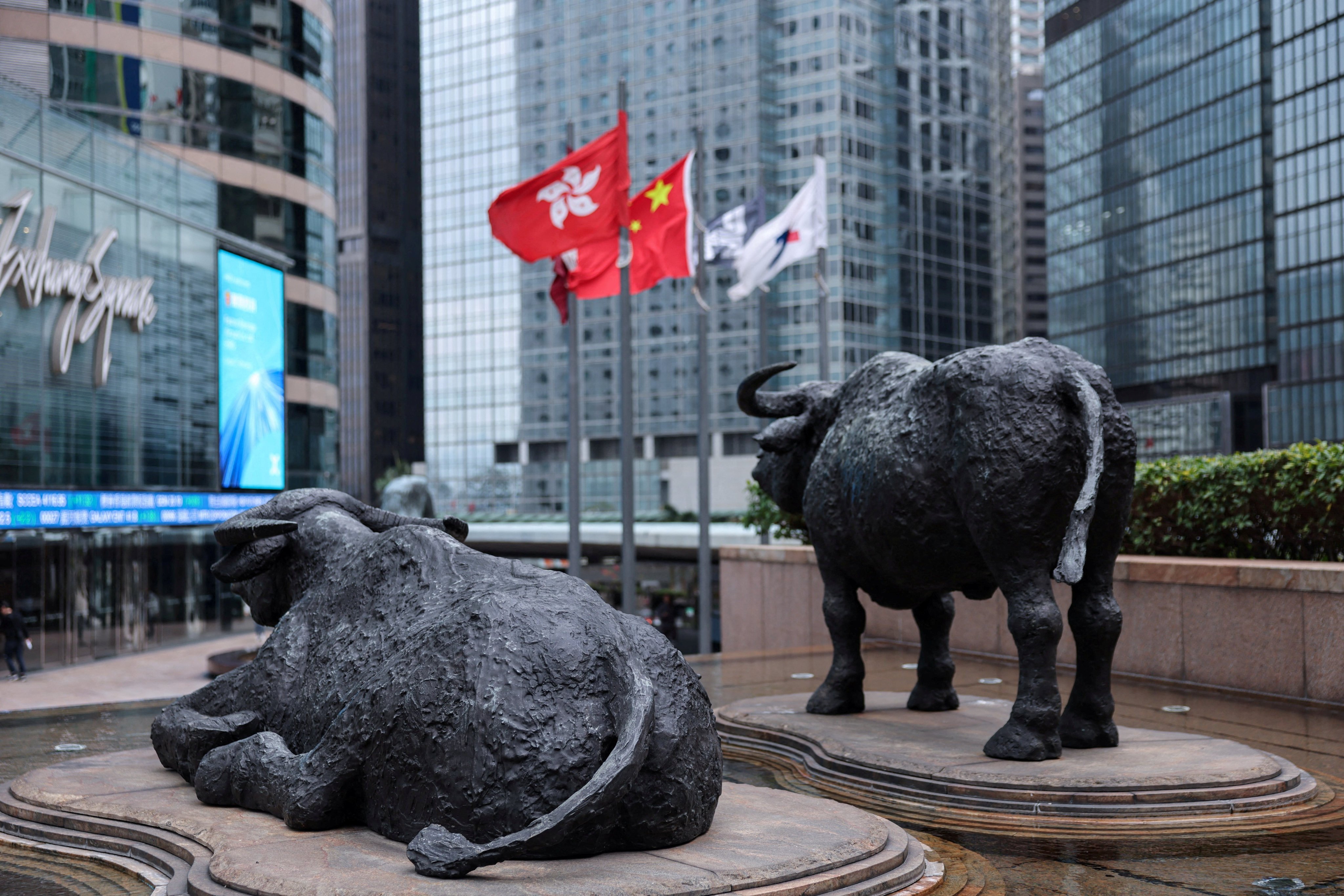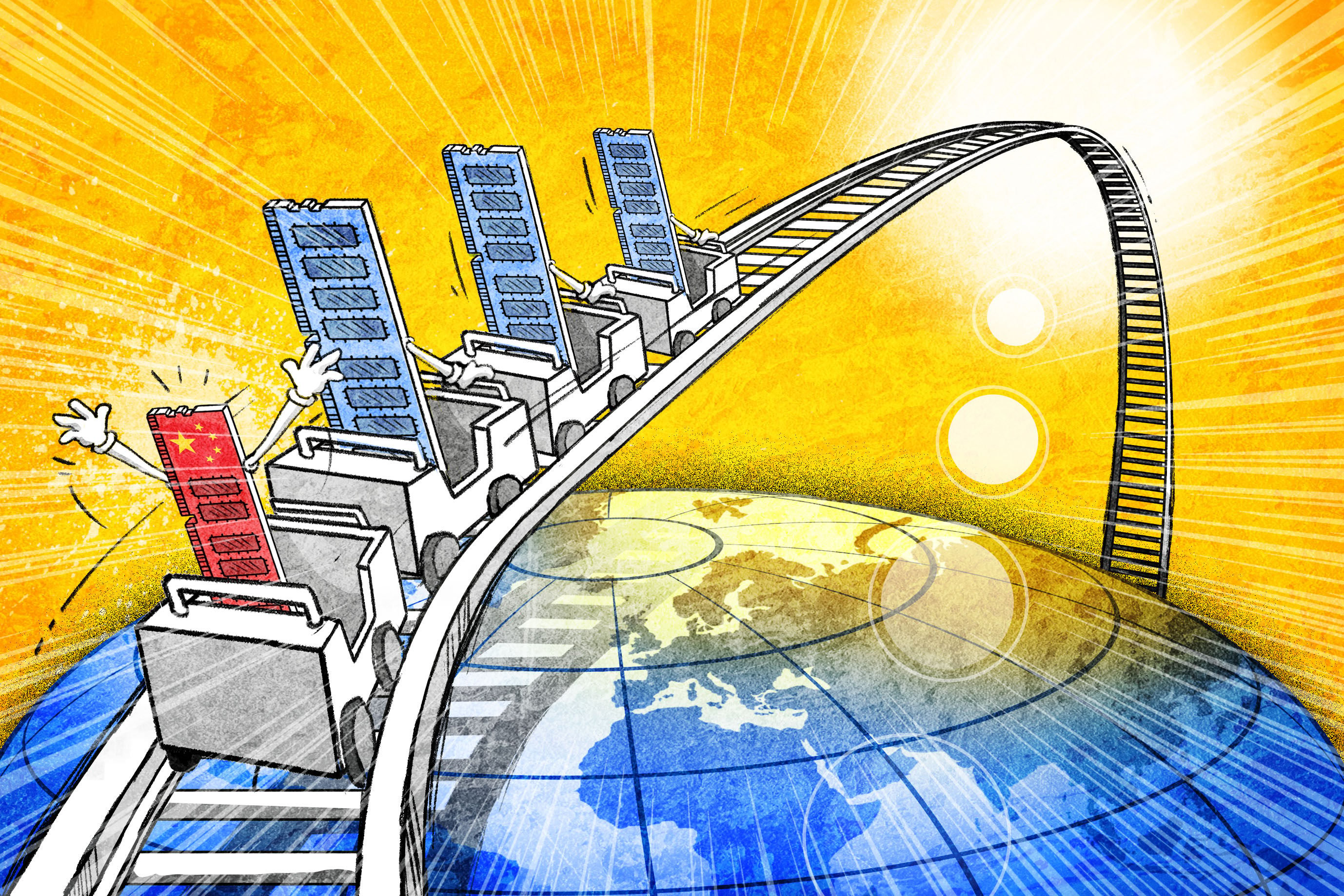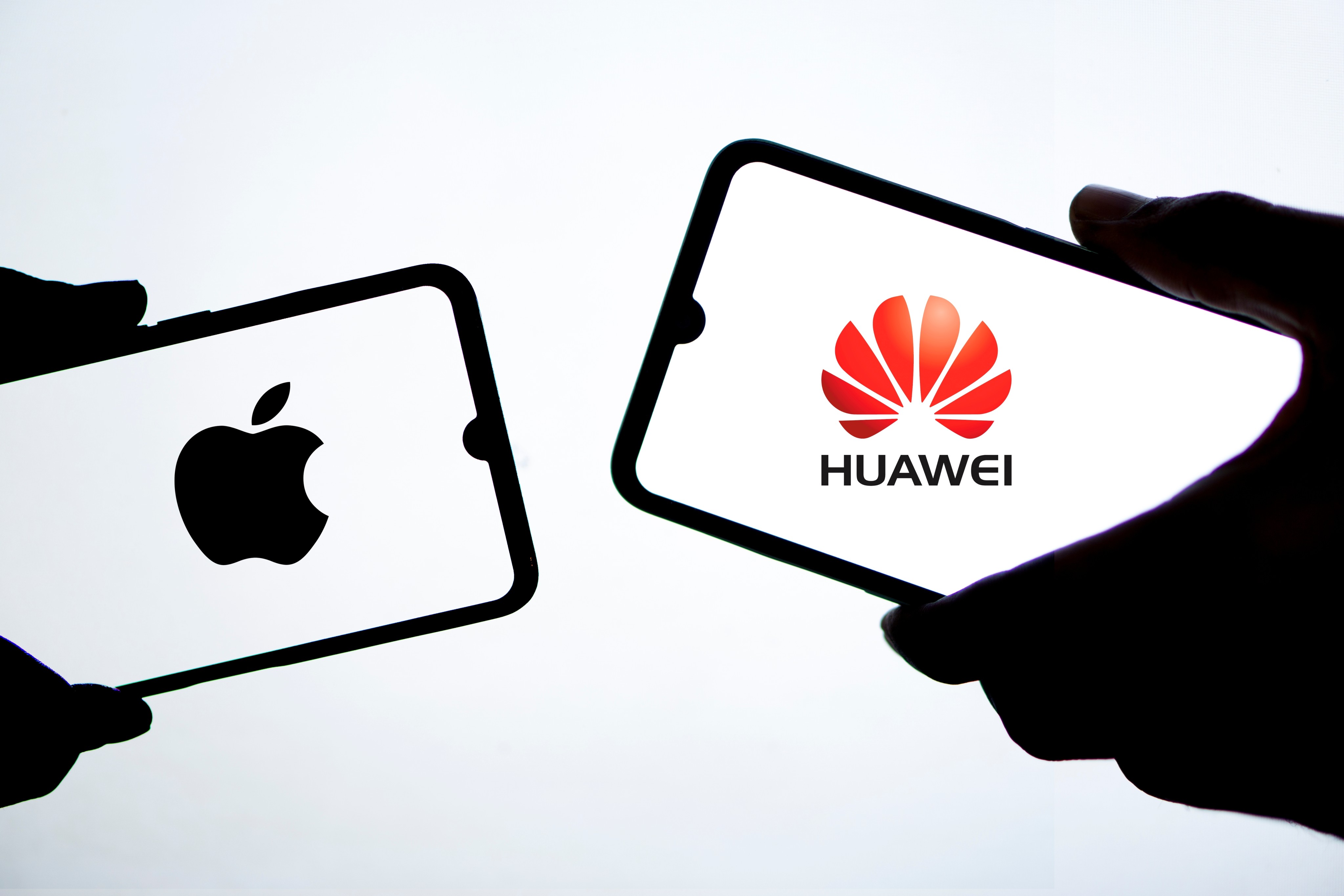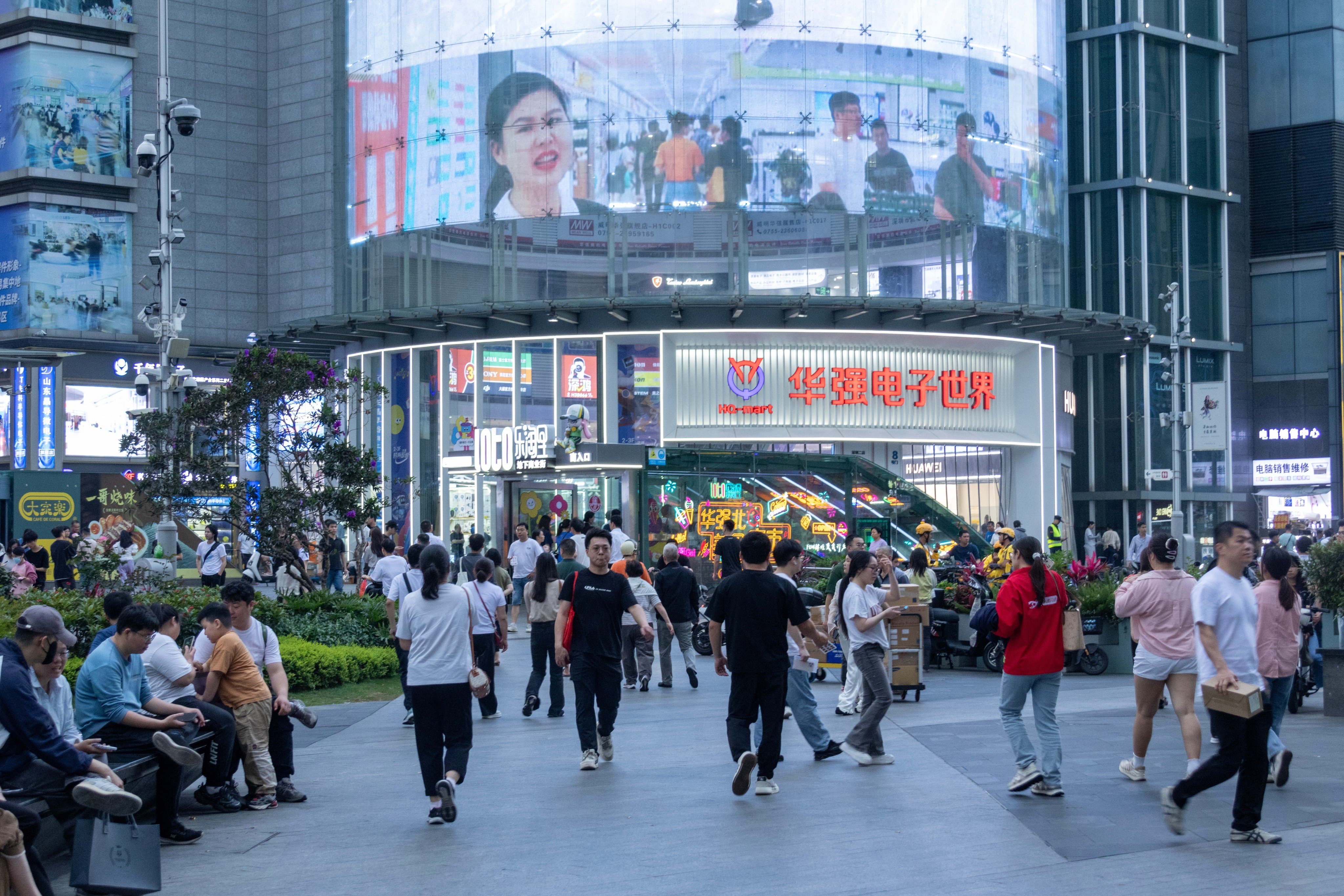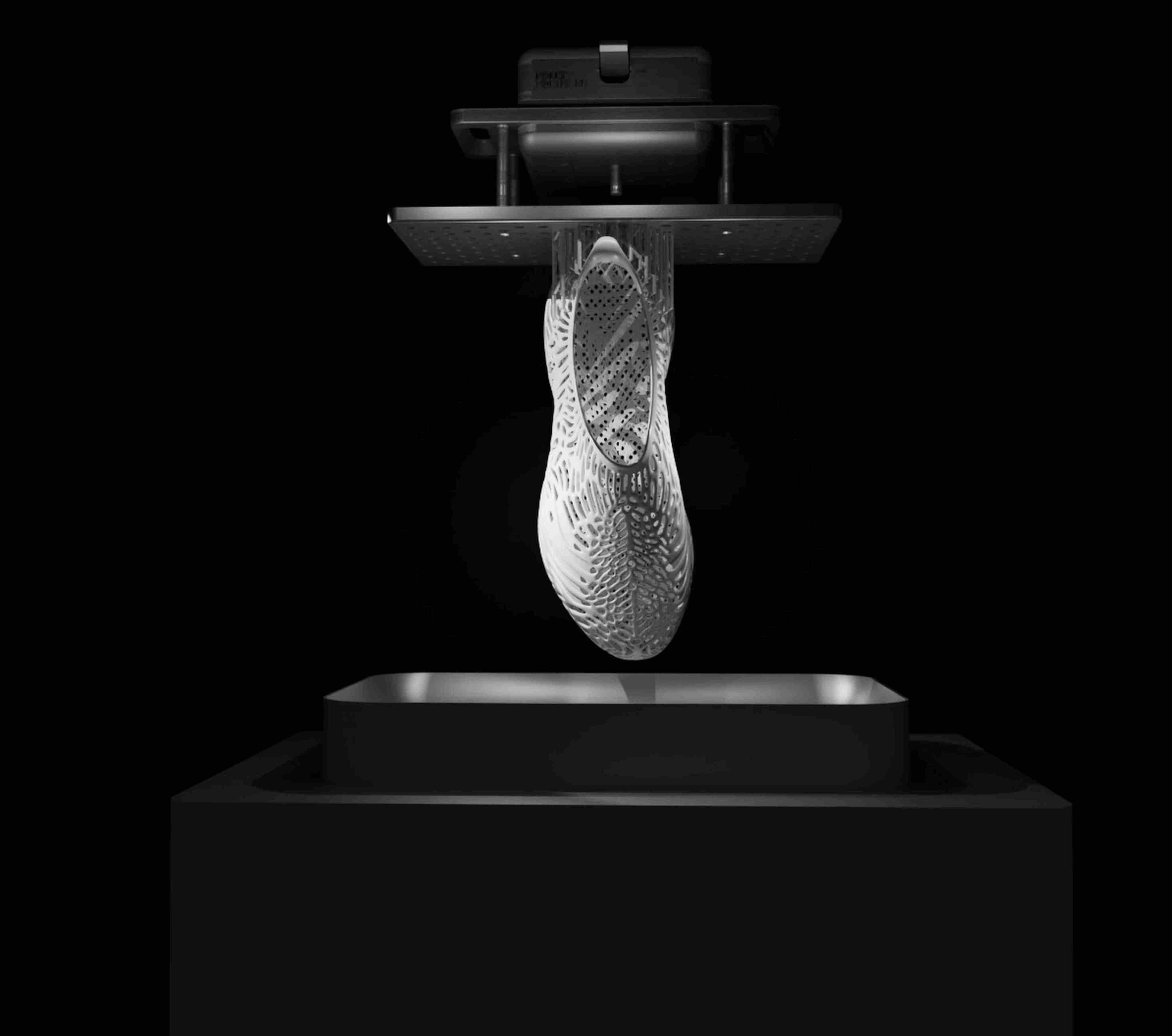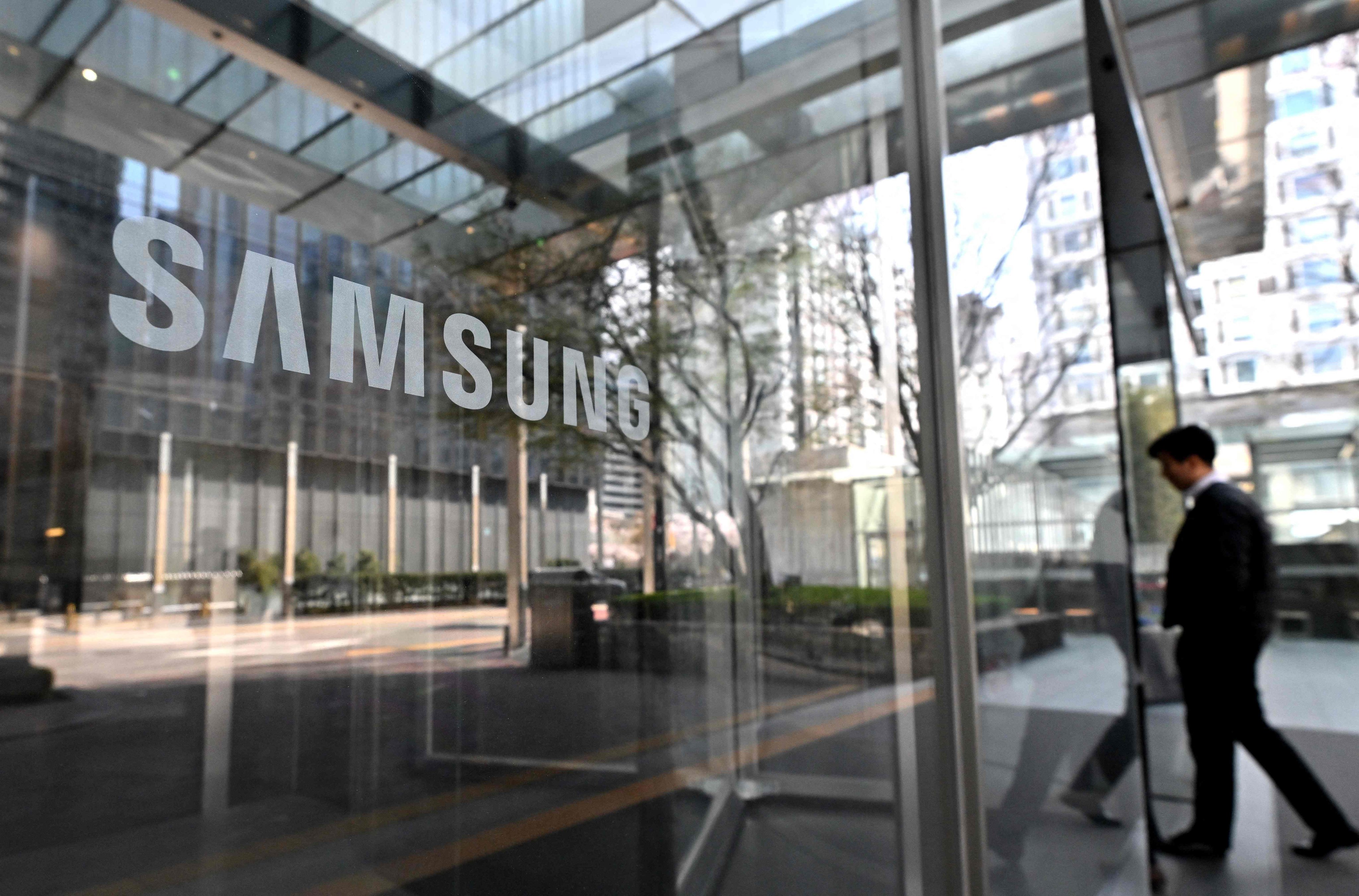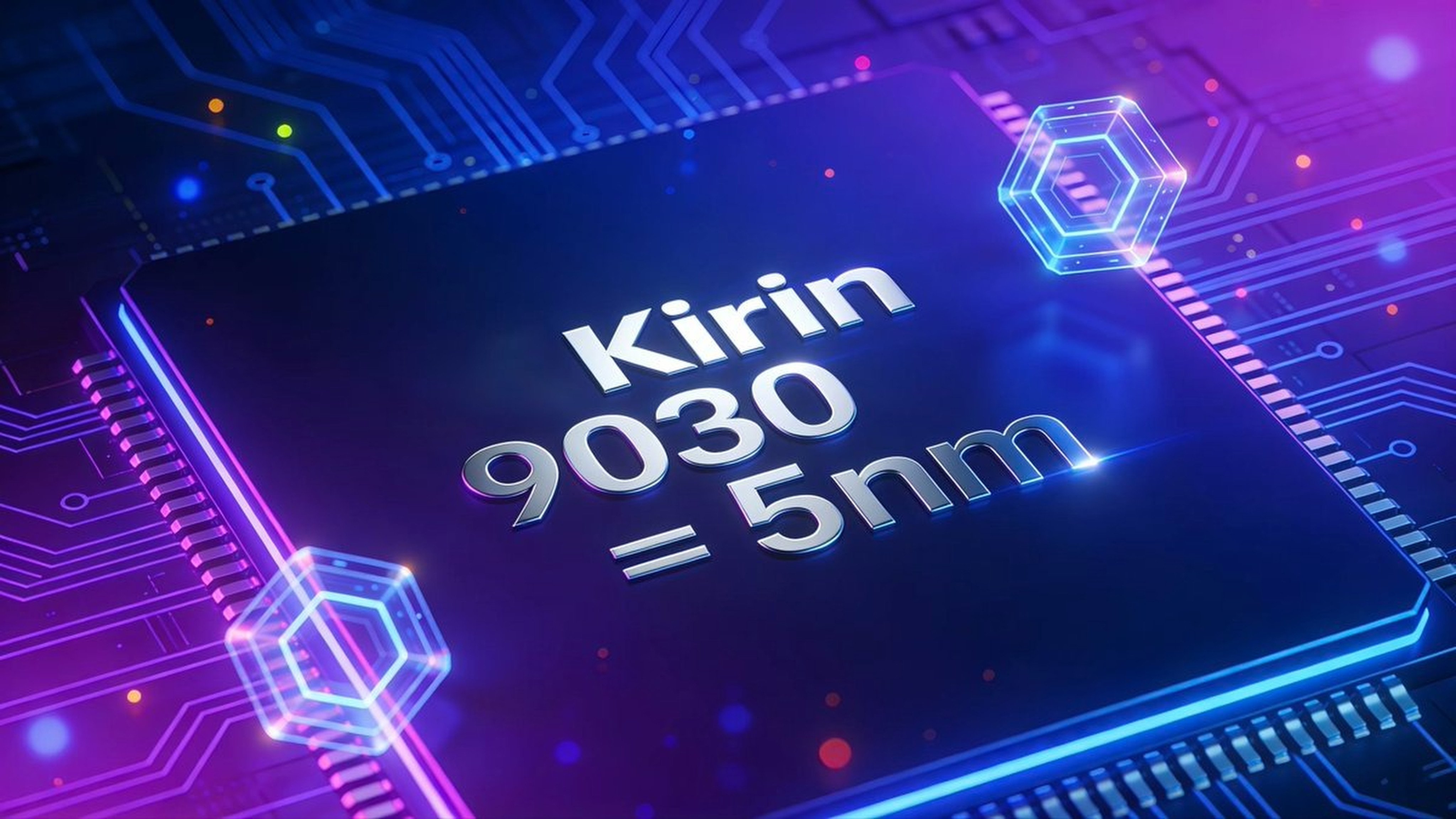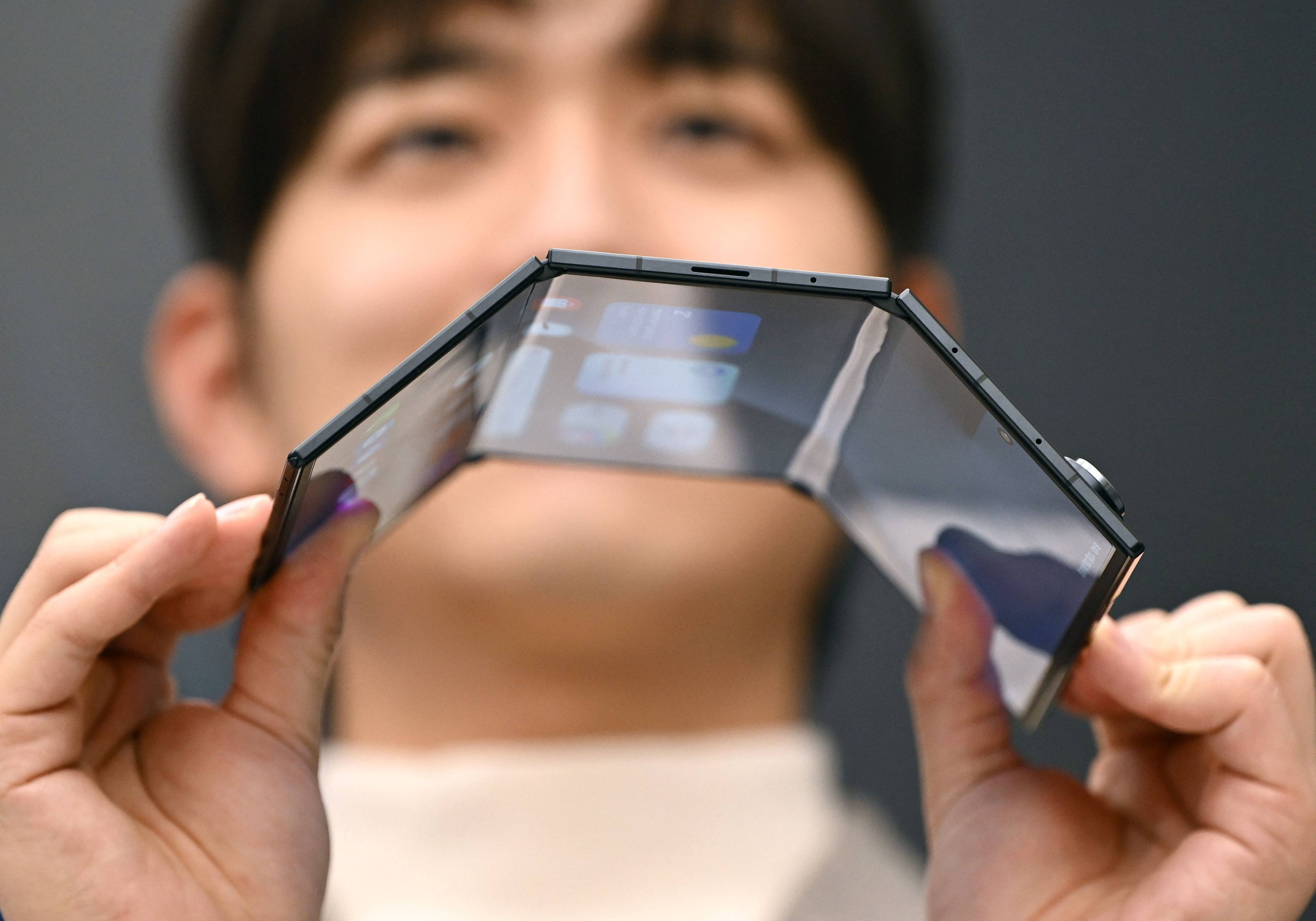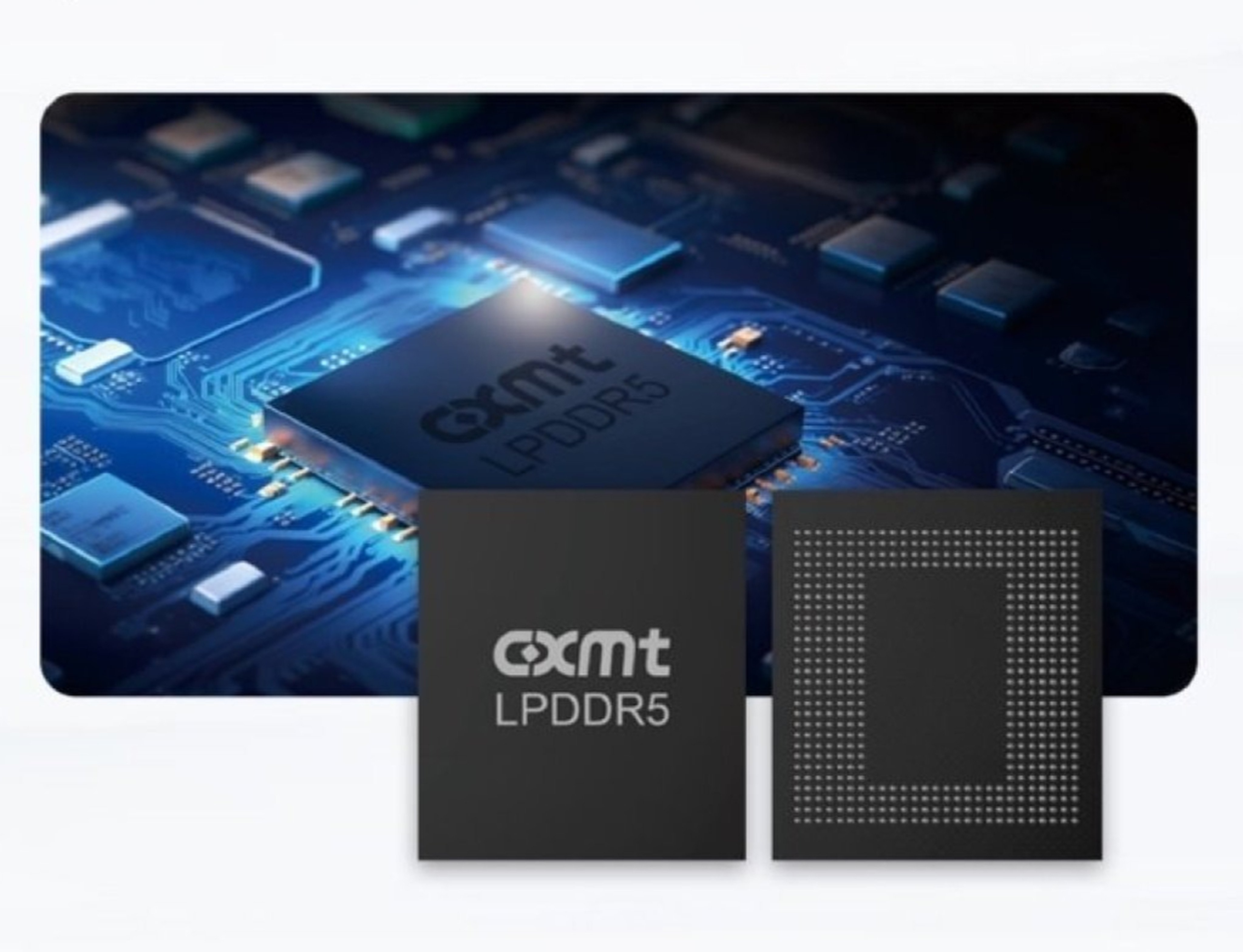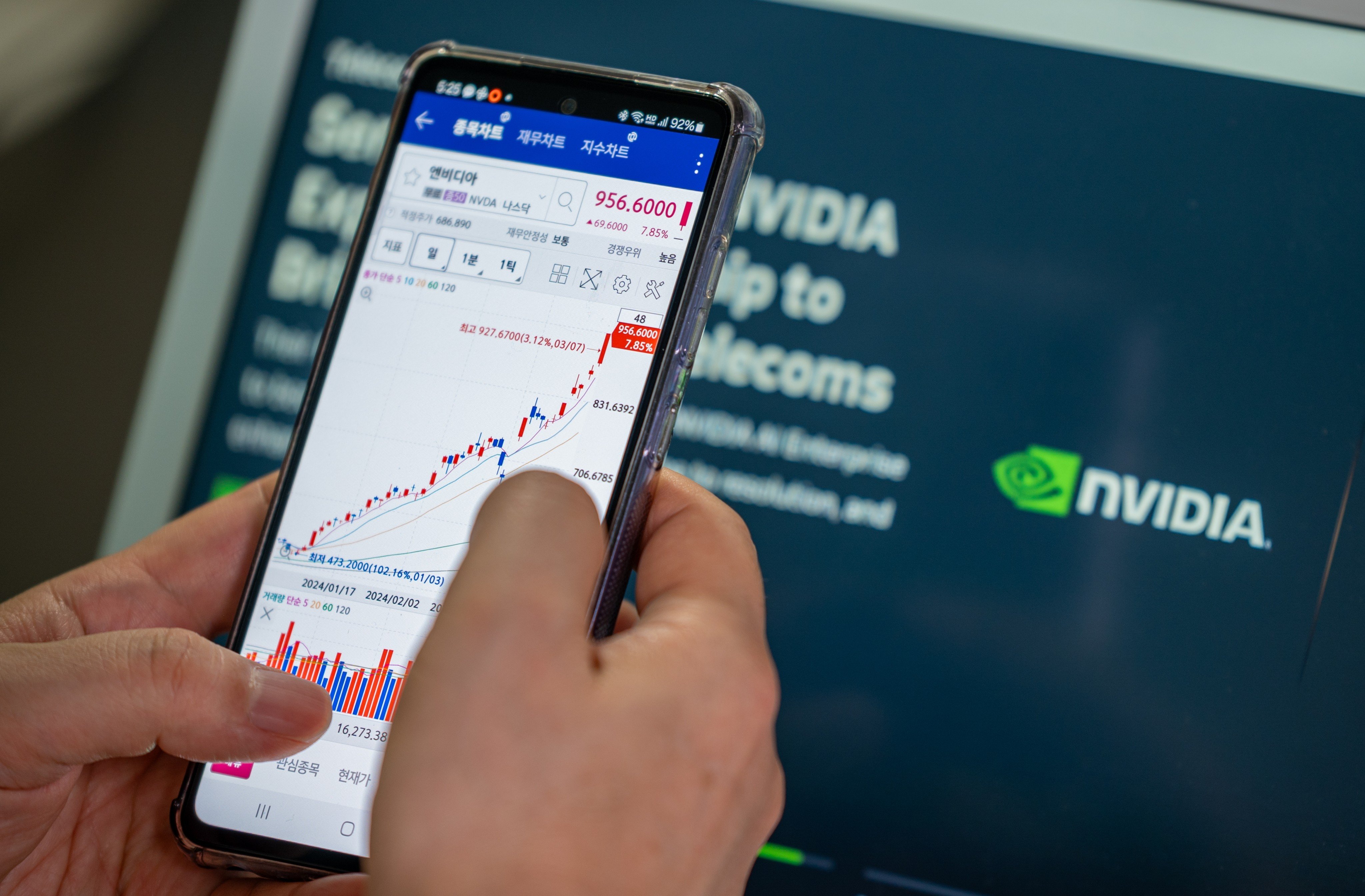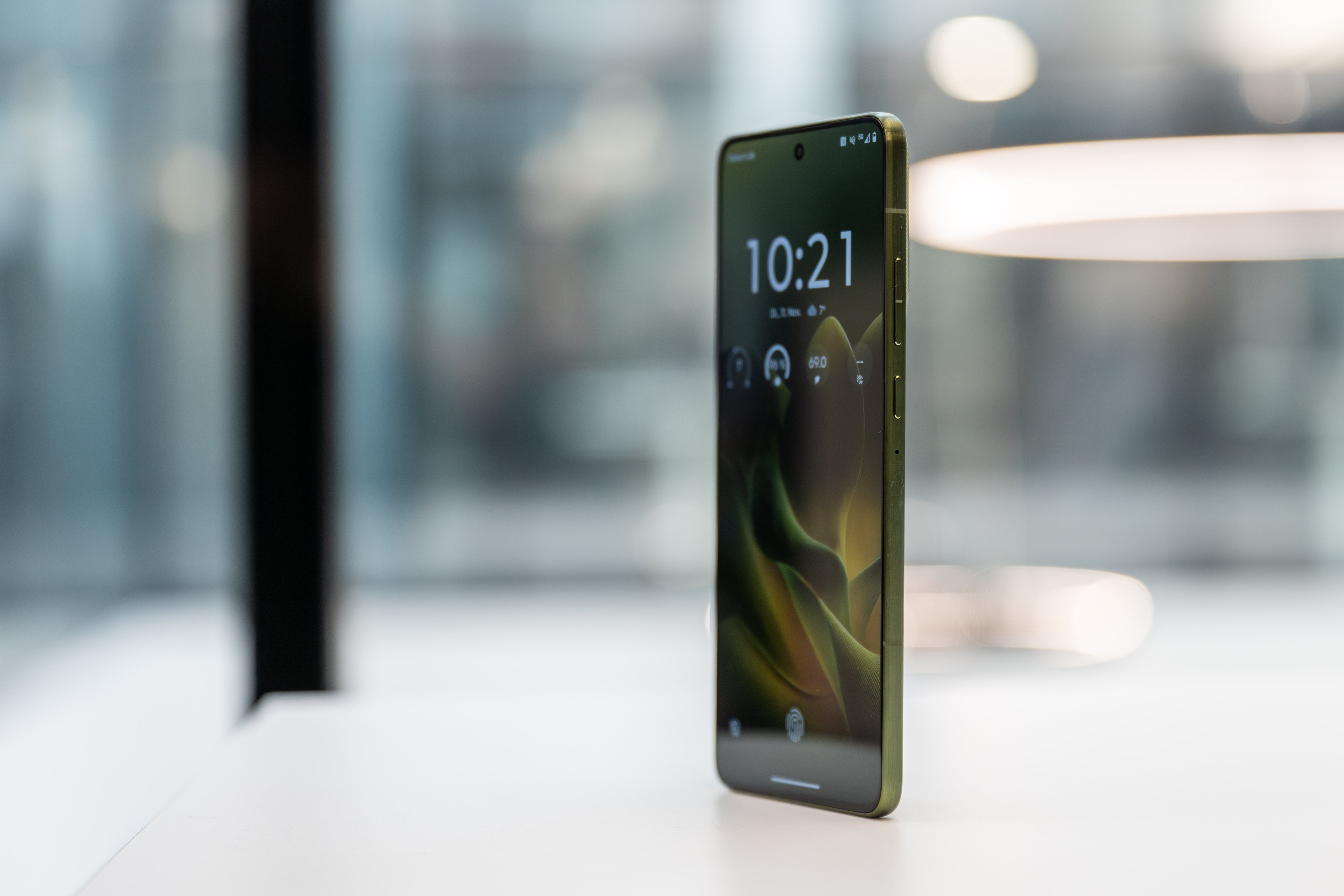Advertisement
Advertisement
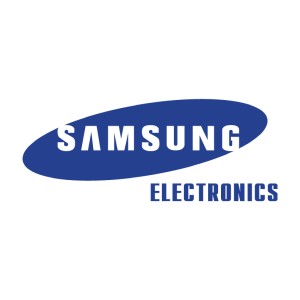
TOPIC
/ company
Samsung Electronics

Samsung Electronics
Samsung Electronics is a key subsidiary of Samsung Group, a South Korean multinational conglomerate company headquartered in Samsung Town, Seoul. It is the largest South Korean chaebol. Other key subsidiaries include Samsung Heavy Industries, Samsung Engineering and Samsung C&T.
Chairman / President
Lee Jae-yong
CEO / Managing Director
Han, Jong Hee
CFO / Finance Director
Park Hark Kyu
Industry
Electronics, Technology, Semiconductors
Website
samsung.com
Headquarters address
129 Samsung-ro, Yeongtong-gu, Suwon-si, Gyeonggi-do, South Korea
Stock Code
KRX:005930
Year founded
1969
Help preserve 120 years of quality journalism.
SUPPORT NOWAdvertisement
Advertisement
Advertisement
Advertisement
Advertisement
Advertisement
Advertisement
Advertisement
Advertisement
Advertisement
Advertisement
Advertisement
